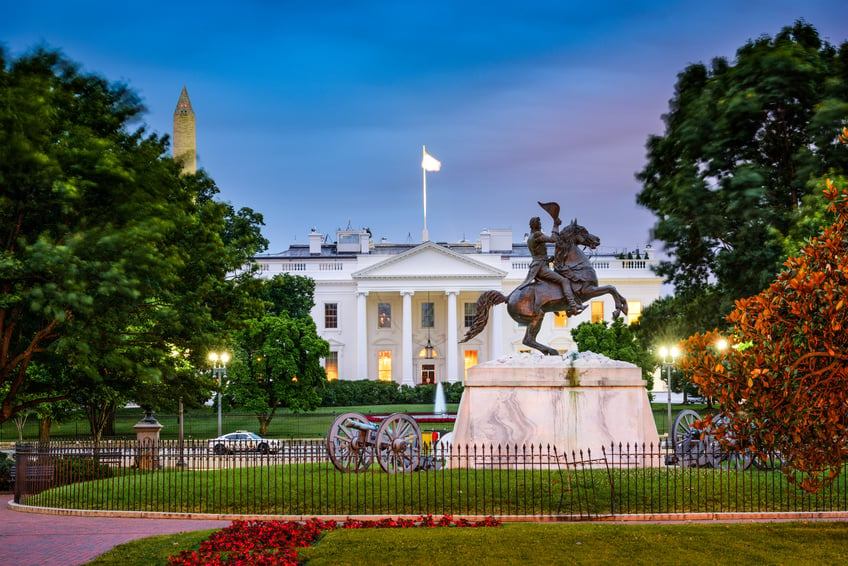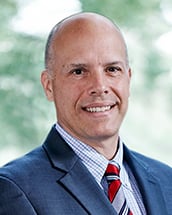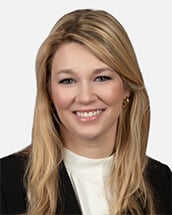On May 16, 2022, the Biden administration announced the relaxing of certain limited Cuban sanctions and other regulatory changes to expand communication, travel, and commerce between the United States and Cuba. The related fact sheet can be found here.
The US State Department outlined four changes to Cuba policy in the announcement:
- Facilitate family reunification: The Cuban Family Reunification Parole Program will be reinstated and capacity for consular services and visa processing will continue to increase, making it possible for more Cubans to join their families in the United States via regular migration channels.
- Expand authorized travel: Scheduled and charter flights to locations beyond Havana will again be authorized following restrictions implemented in 2019 and 2020. The Biden administration will also implement regulatory changes to reinstate group people-to-people and other categories of group educational travel, as well as certain travel related to professional meetings and professional research. Our most recent blog post about travel restrictions against Cuba is here. On June 1, 2022, the US Department of Transportation issued a corresponding Order revoking previous actions restricting certain air services between the US and Cuba, which we previously blogged about here, here, and here.
- Support greater access to US Internet services, applications, and e-commerce platforms: There will now be support for greater access to expanded cloud technology, application programming interfaces, and e-commerce platforms. Additionally, the United States will explore new options for Internet-based activities, electronic payments, and business with independent Cuban entrepreneurs, providing entrepreneurs’ access to microfinance and training.
- Enable increased remittance flows to the Cuban people: Remittances will flow more freely to the Cuban people as a general matter. Specifically, the current limit on family remittances of $1,000 per quarter per sender-receiver pair will be removed and donative remittances, which will support independent Cuban entrepreneurs, will be authorized. We blogged about US restrictions on remittances to Cuba here.
These changes neither modify the US embargo of Cuba, Cuba’s designation as a state sponsor of terrorism, nor the majority of the restrictions on Cuba implemented by the Trump administration, which we previously blogged about here, here, here, and here.
Pursuant to the above policy changes, on June 9, the Department of the Treasury’s Office of Foreign Assets Control (“OFAC”) amended the Cuban Assets Control Regulations to implement some of the elements of the President’s foreign policy to increase support for the Cuban people. The rule authorizes group people-to-people educational travel to Cuba and removes certain restrictions on authorized academic educational activities, authorizes travel to attend or organize professional meetings or conferences in Cuba, removes the $1,000 quarterly limit on family remittances, and authorizes donative remittances to Cuba.







